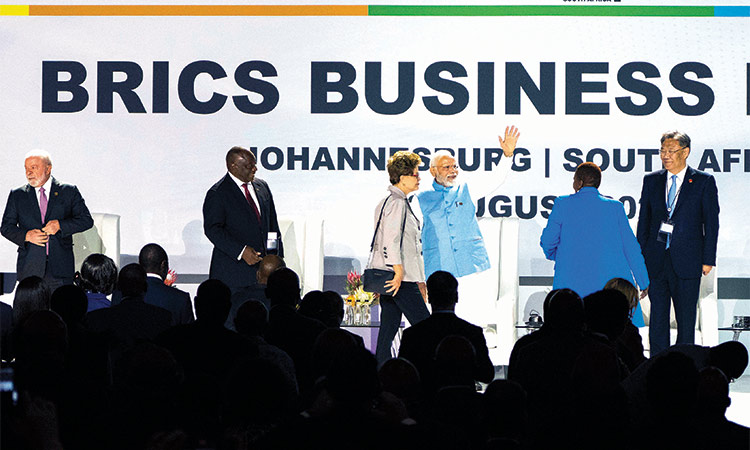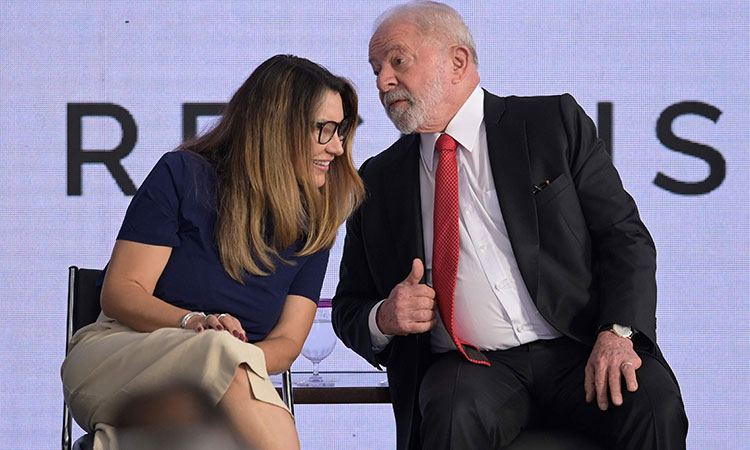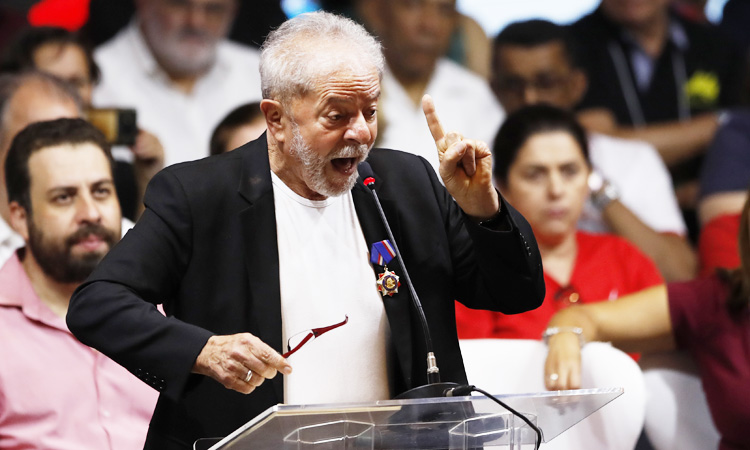Biden and Lula strike a crucial rapport

Joe Biden and Luiz Inacio Lula da Silva walk along the West Colonnade to the Oval Office at the White House in Washington. Reuters
But on the geo-political front, Brazil has a different view. For example, Lula is not willing to support Ukraine in Kyiv’s war against Russia, and he is not willing to supply arms to Ukraine. Lula’s argument is that if he were to supply arms to Ukraine, then it means Brazil is at war with Russia, and that he is not willing to take Brazil into a war. But in the Lula-Biden joint statement issued by the Brazilian foreign ministry, the two leaders seem to have found middle ground, where Ukraine’s territorial integrity was defended and Russia’s annexation of Ukrainian territories was described as a violation of international law. It said, “They deplored the violation of the territorial integrity of Ukraine by Russia and the annexation of parts of its territory as flagrant violations of international law and called for a just and durable peace.”
Brazil prides itself as a strong democracy in Latin America and it feels that it can stand with pride on the democracy podium along with America and other democracies. But even as Biden is facing Republican conservatism and Trump populism laced with authoritarianism in America, Lula is confronting the reactionary politics of his predecessor, Bolsonaro. Lula also recognises that he has to negotiate with the conservatives to govern Brazil because conservatives supporting Bolsonaro have a majority in the national legislature. It is a situation that Biden is facing at home, with the Republicans controlling the House of Representatives. Socialist Lula and liberal Biden are fighting with their backs to the wall and keeping the reactionaries at bay. Biden said, “We have to continue to stand up for democracy and our democratic values that form the core of our strength.” Biden and Lula had also discussed reforms of the United Nations Security Council (UNSC) to find permanent seats for countries from Africa, Latin America and the Caribbean.
It would be a boost for democracy in the world if the US and Brazil were to stand together in the western hemisphere because many of the military dictatorships in Latin America thrived because of American support. The US is seen as the Big Brother and many of the Latin American countries are ill-at-ease with American tendency to dominate global relations. But the US leaders and policymakers will have to recognise that the US cannot remain a strong democracy if in the neighbourhood there is no democracy. The Lula-Biden statement underscores the fact that there has to be an international alliance of democracies, and that democracies face a challenge from authoritarian forces. The battle in the free world is not any more between democracy and communism but between liberalism and authoritarianism within democratic societies. Both Trump and Bolsonaro had won elections and they enjoy a wide popular base, and it is this what makes them dangerous and a threat to democracy. Biden and Lula seem to have recognised that the threat to democracies is rising from within democracies.







